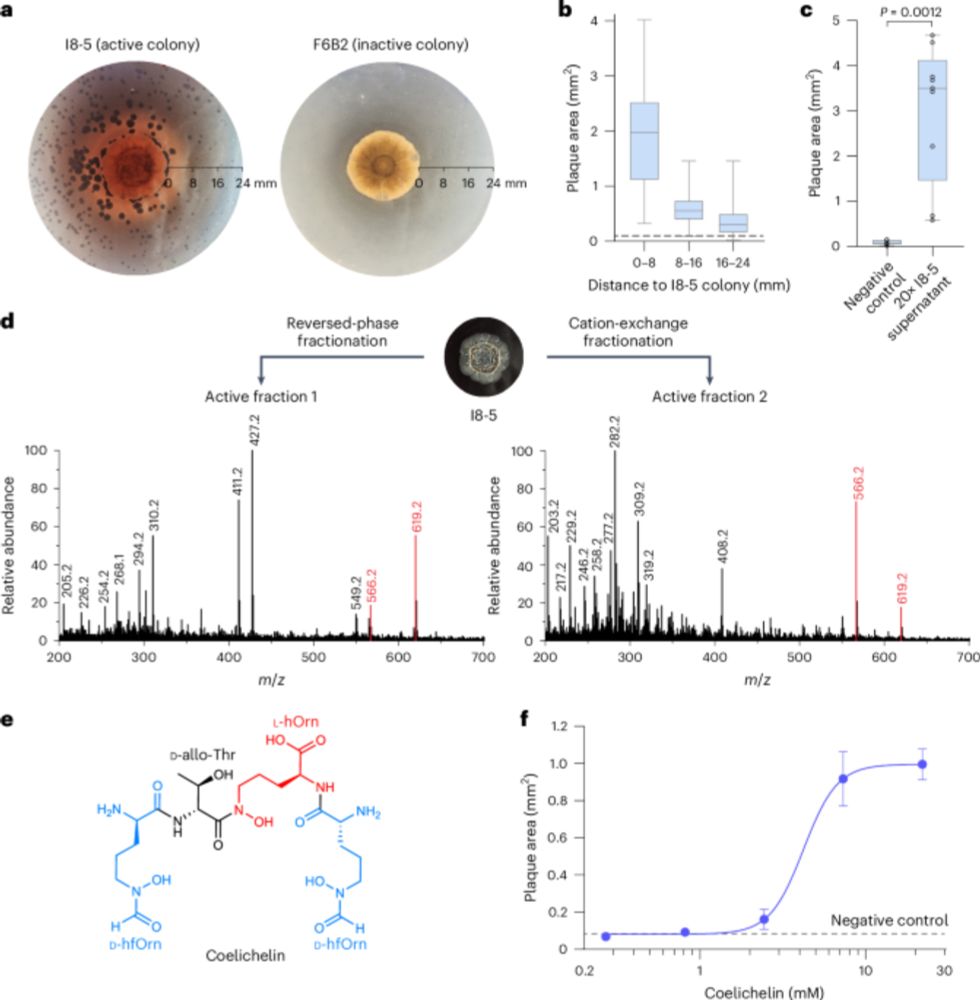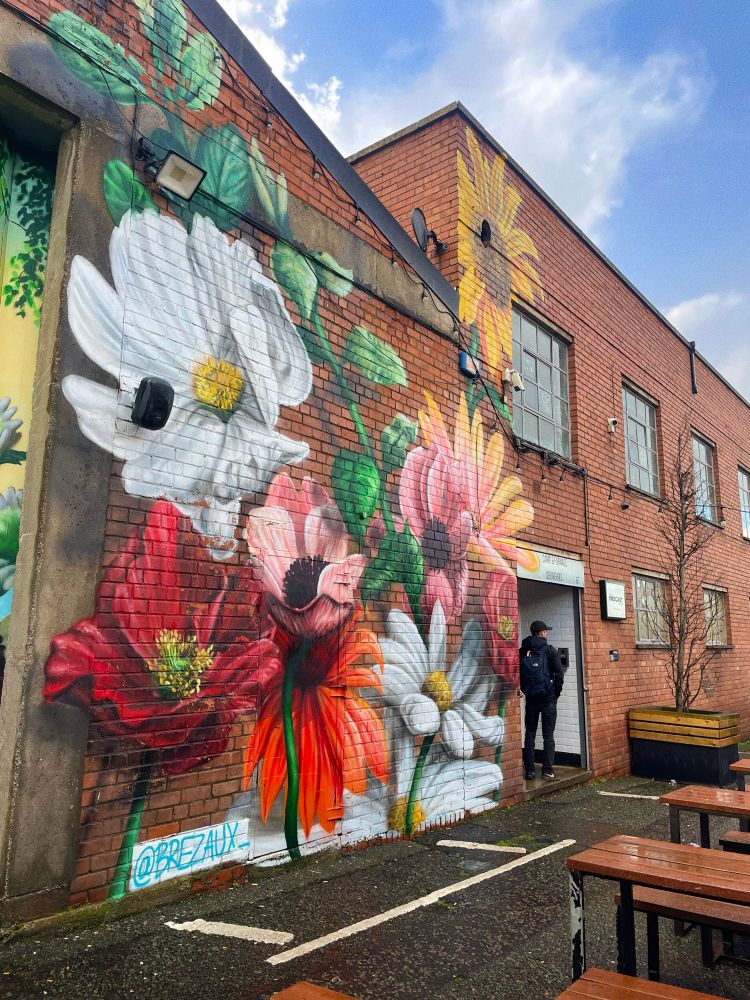

Ever wondered why only a fraction of genomes encode CRISPR immunity? 🧬 🦠
Turns out CRISPR is rarely beneficial against virulent phages, being most beneficial against those for which resistance mutations are rare!
An epic effort by Rosanna Wright
www.biorxiv.org/content/10.1...
www.nature.com/articles/s41...

www.nature.com/articles/s41...
Join us in the best city in the UK 😜
www.jobs.manchester.ac.uk/Job/JobDetai...
Join us in the best city in the UK 😜
www.jobs.manchester.ac.uk/Job/JobDetai...
Join Prof. @christinawarinner.bsky.social ’s group at @mpi-eva-leipzig.bsky.social to study the evolution and ecology of ancient oral microbiota.
📅 Apply by Jan 20, 2026: www.microverse-cluster.de/en/career/jo...

Join Prof. @christinawarinner.bsky.social ’s group at @mpi-eva-leipzig.bsky.social to study the evolution and ecology of ancient oral microbiota.
📅 Apply by Jan 20, 2026: www.microverse-cluster.de/en/career/jo...


Friends don't let friends submit in late December.

Friends don't let friends submit in late December.
Projects will be advertised in February 2026!
www.ukri.org/news/ukri-do...

Projects will be advertised in February 2026!
www.ukri.org/news/ukri-do...
MERMan alumnus @rowancallumg.bsky.social spoke about his current work with viral cheating in influenza with @asherleeks.bsky.social
And @lavishaparab.bsky.social talked about phage infection trade-offs
Thanks to @microbesng.bsky.social for our snacks!


MERMan alumnus @rowancallumg.bsky.social spoke about his current work with viral cheating in influenza with @asherleeks.bsky.social
And @lavishaparab.bsky.social talked about phage infection trade-offs
Thanks to @microbesng.bsky.social for our snacks!
Thanks to @microbesng.bsky.social for the 🍪!
Have a happy and safe holiday! 🤶🏻 🎅🏻 🎄



Thanks to @microbesng.bsky.social for the 🍪!
Have a happy and safe holiday! 🤶🏻 🎅🏻 🎄
#bakeoff #whelanlab



#bakeoff #whelanlab
Thanks to examiners @rokkrasovec.bsky.social and Thorsten Allers!

Thanks to examiners @rokkrasovec.bsky.social and Thorsten Allers!
Guy Leonard, Irma Vitonyte, Fiona R Savory, Erika M Hansson, Duncan D Cameron, Michael Brockhurst, Thomas A Richards
bioRxiv doi: doi.org/10.64898/202...






Please share and get in touch if interested
www.jobs.ac.uk/job/DPQ418/r...

Please share and get in touch if interested
www.jobs.ac.uk/job/DPQ418/r...
Liverpool is a good place for scientific meetings.
Liverpool is a good place for scientific meetings.
Absolutely loved sharing (the start of!) my PhD research! Thanks to @brockhurstlab.bsky.social @coytelab.bsky.social and Sophie for the encouragement & to @microbiologysociety.org for organising such a fantastic event!


Absolutely loved sharing (the start of!) my PhD research! Thanks to @brockhurstlab.bsky.social @coytelab.bsky.social and Sophie for the encouragement & to @microbiologysociety.org for organising such a fantastic event!


